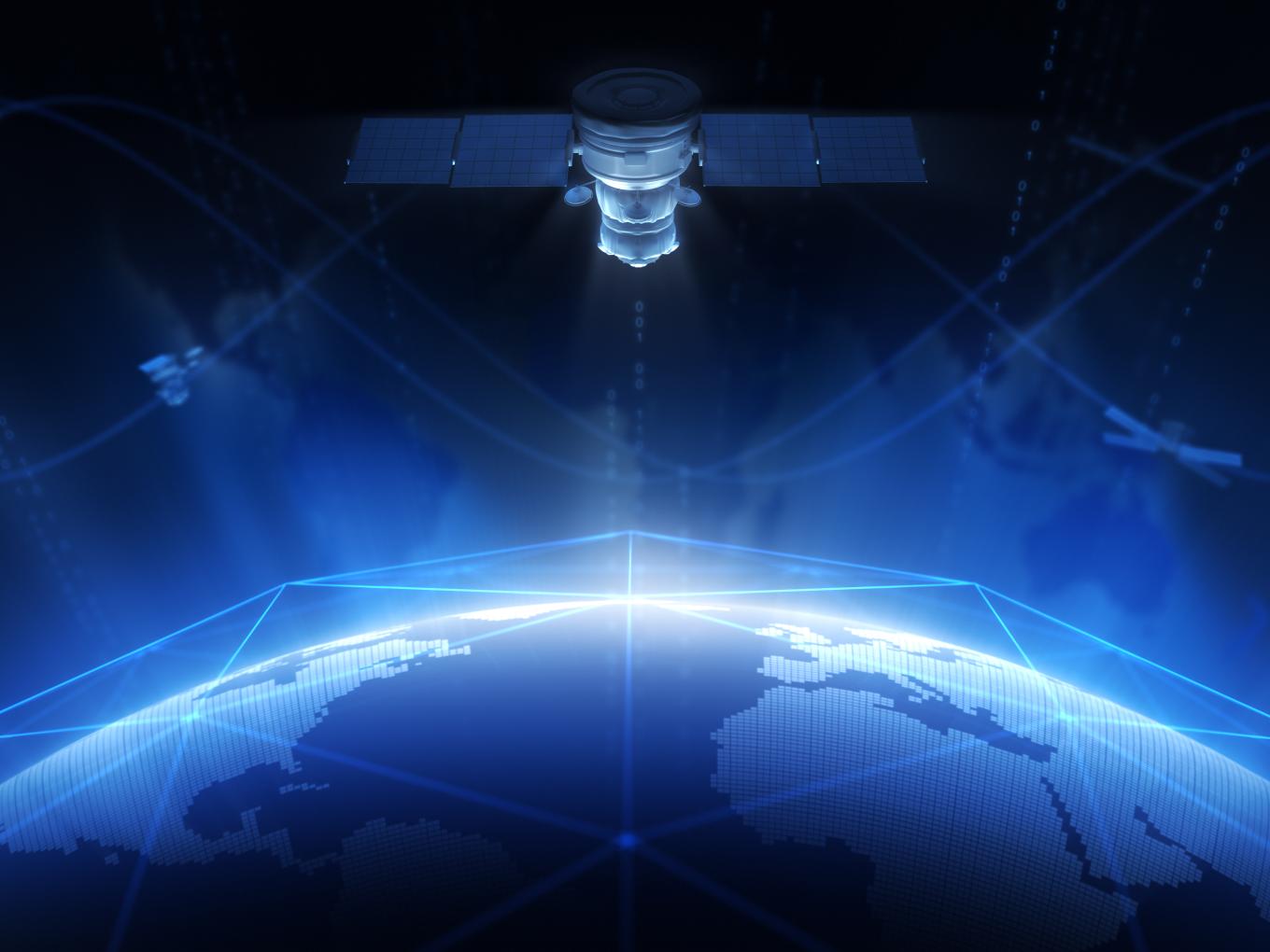
OneWeb secured the right to the airwaves to launch satellite broadband network
The company set up six satellites broadcasting at the right speed for 90 days
Elon Musk’s SpaceX got approval by the United States to send 12K satellites
As the virtual space is becoming as important as reality, Right to the internet has gained momentum. Internet is now being seen as an enabler of the progress of humankind as a whole. It boosts economic, social and political developments, and provides a safe space for users to express one’s opinions.
United Nation in 2016 declared access to the internet as a human right which should be protected. The UN declaration focused on the access to internet services in providing and expanding reachability of the internet for the people who cannot afford it. The order also laid stress on avoiding disruption of internet services for current users.
A large number of NGOs, international organizations and companies have been working towards reducing the internet disability to create wider international communities. Global communications company OneWeb, Elon Musk’s SpaceX Technologies Corp and Jeff Bezos’s Project Kuiper have been racing to install constellation of small satellites to offer 4G like broadband around the globe. The installation of the global 4G network will provide global internet coverage.
OneWeb, backed by SoftBank, has secured the right to the airwaves it needs to launch a global satellite broadband network. The company met the United Nations’ International Telecommunication Union’s ‘use-it-or-lose-it’ spectrum conditions by setting up six satellites broadcasting at right frequencies for 90 days.
Musk’s SpaceX is also on the go, it has sent dozens of satellites into orbit for its Starlink project. SpaceX has already got US’s approval to set up 12,000 satellites. Project Kuiper is yet to launch any of its satellites.
Will India Follow?
India too has been promoting digitization on a large scale. The Reliance-Jio movement was can be seen as the second liberalisation of India, since it has brought rural India to cyberspace as well, given them more opportunities to exercise their fundamental rights. The availability of internet in India has also given a significant push to the Indian startup ecosystem with both global and home-grown players coming to market. The growth of the internet increased the capacity and the reachability of the companies by empowering them.
Indian Space Research Organisation (ISRO) had also announced a similar initiative to provide high-speed internet to the Indians, by the end of 2019, launching four heavy-duty communication satellites. ISRO launched various satellites to improve internet speed and its reachability.
According to Ookla’s announcement in the beginning of 2018, the average mobile internet download speed in India is 10.71 Mbps, compared to 33.88 Mbps that of USA. Even though India has 699 Mn- the second largest number- internet users in the world, it is largely comprised of an urban household.
60% of Indian still do not have access to the internet or mobile phones. To bridge the internet divide, the Indian government has invested to lay high-speed internet in 150,000 villages across India under the Bharat Net Programme.
With accessibility to internet, small businesses can reach the global audience easily, expanding the market.




























 Ad-lite browsing experience
Ad-lite browsing experience